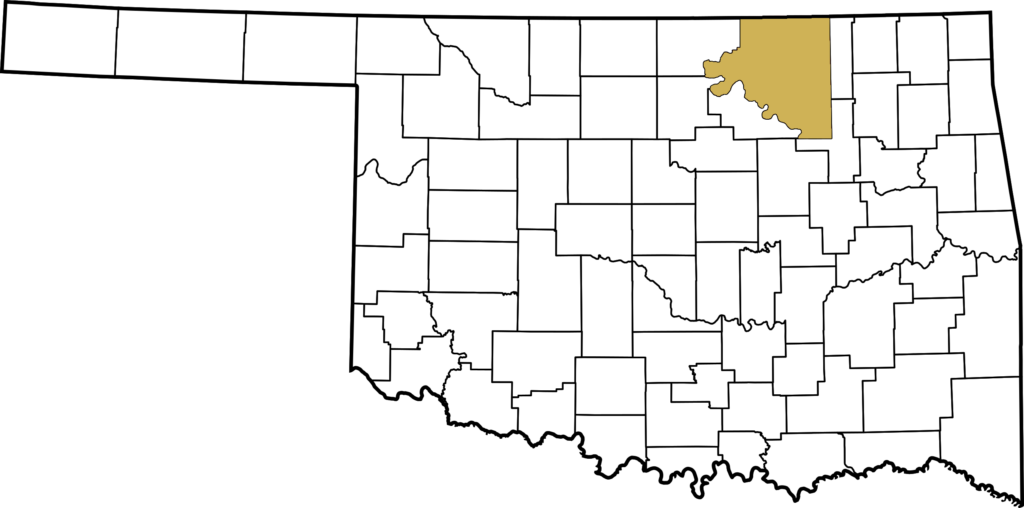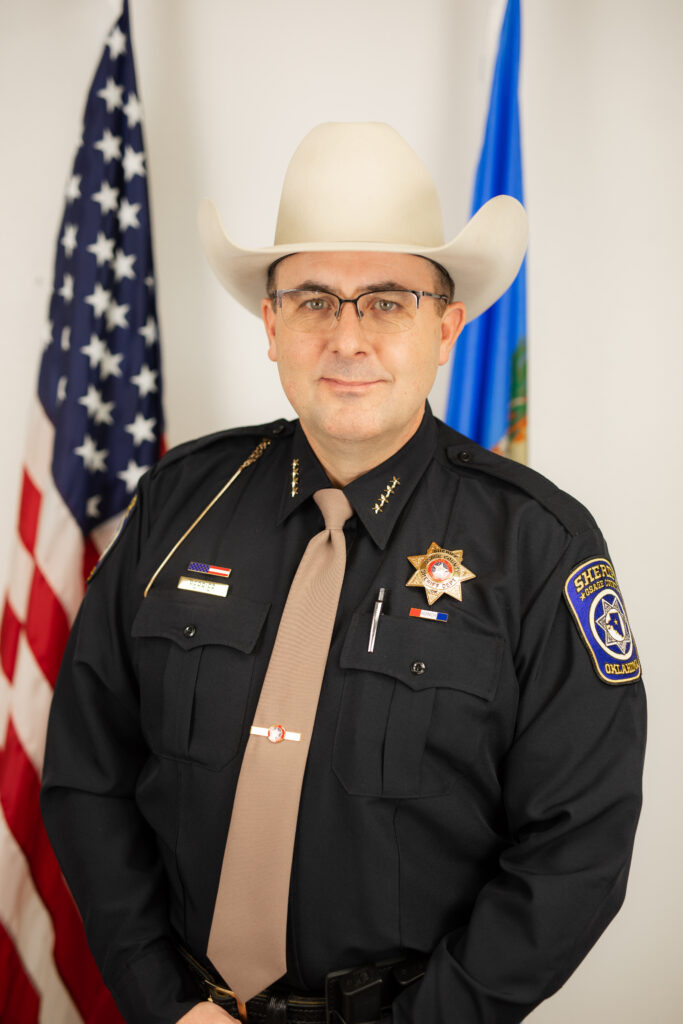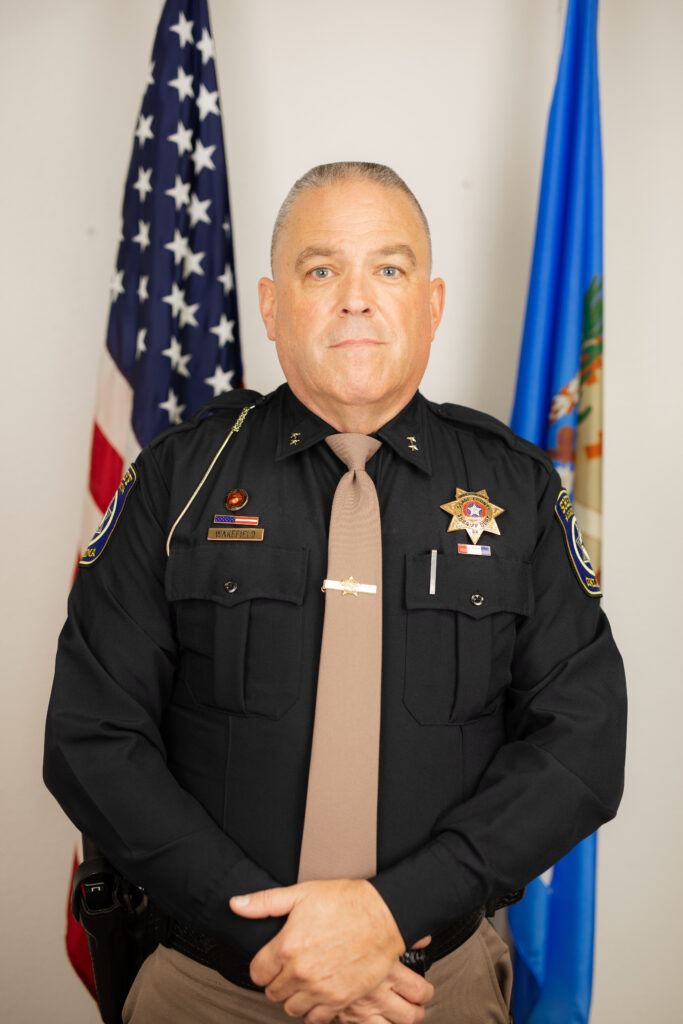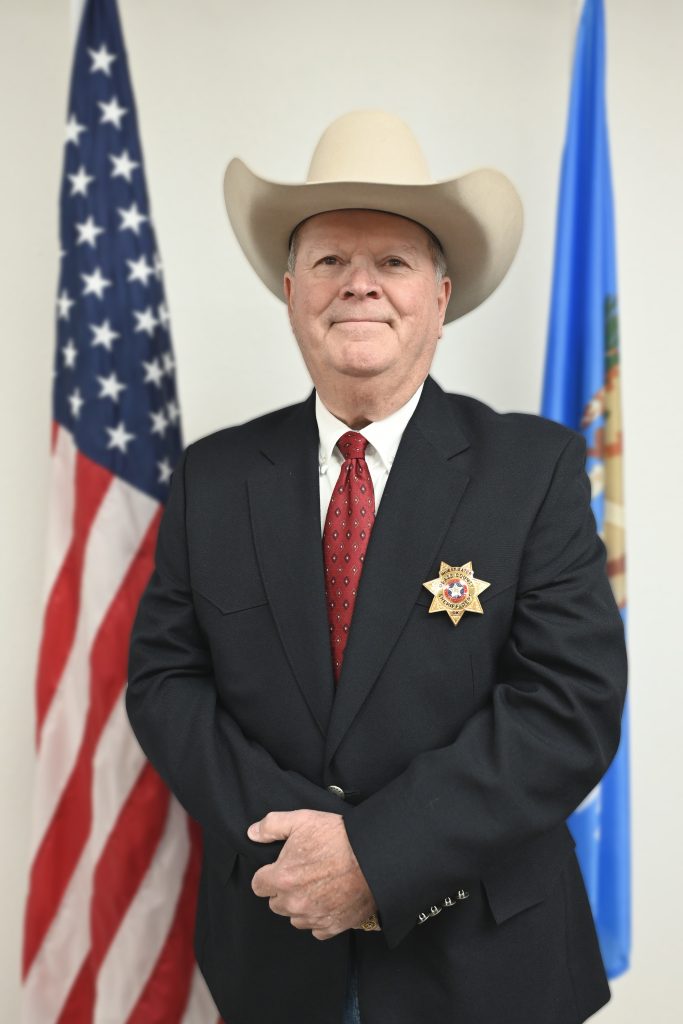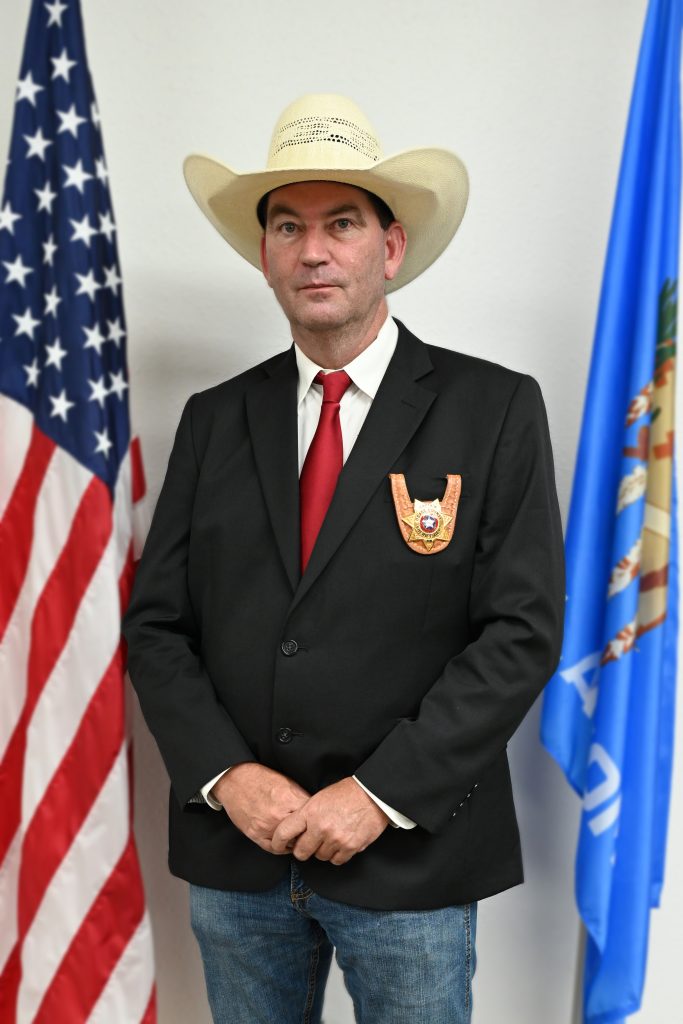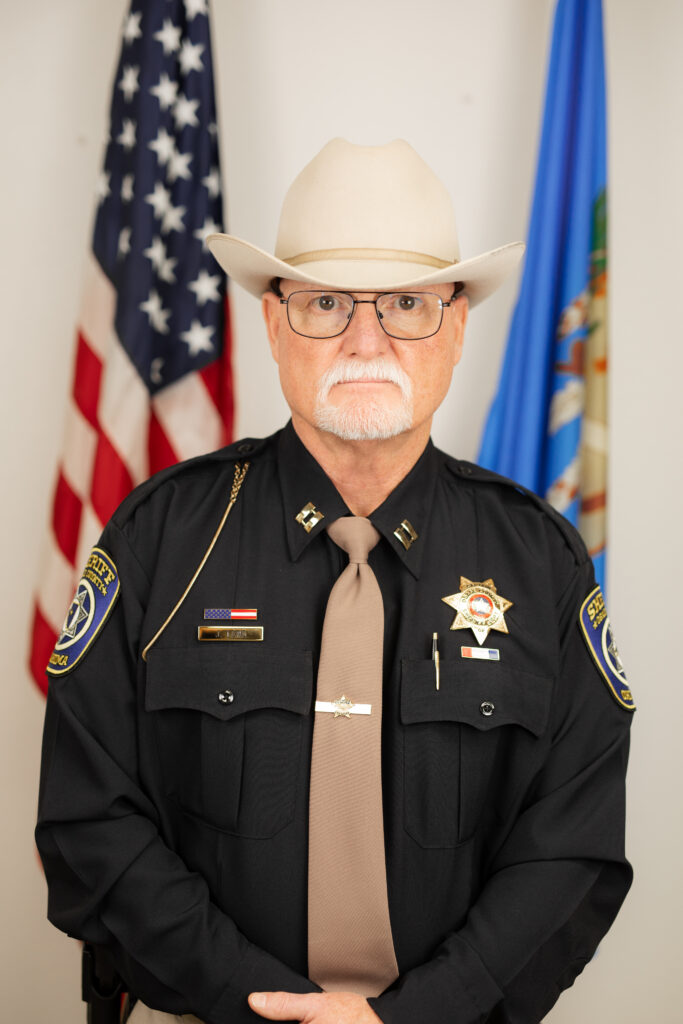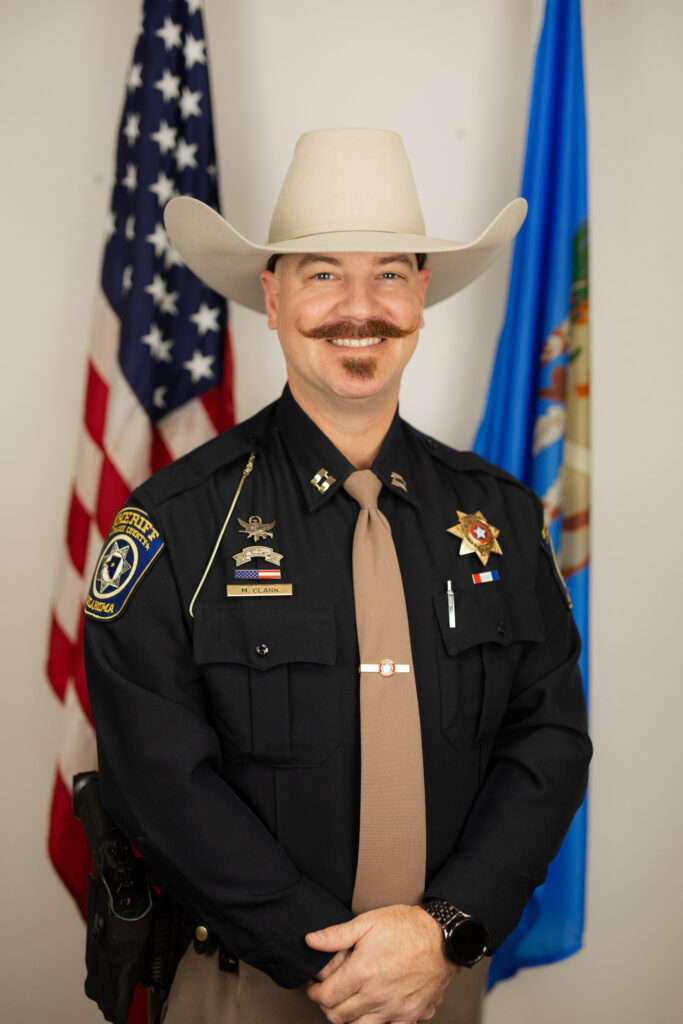“𝗙𝗿𝗼𝗺 𝗗𝗼𝗴 𝗖𝗮𝗹𝗹𝘀 𝘁𝗼 𝗛𝗼𝗺𝗶𝗰𝗶𝗱𝗲𝘀: 𝗧𝗵𝗲 𝗤𝘂𝗶𝗲𝘁 𝗟𝗲𝗴𝗮𝗰𝘆 𝗼𝗳 𝗗𝗲𝗽𝘂𝘁𝘆 𝗗𝘄𝗶𝗴𝗵𝘁 𝗩. 𝗕𝗮𝗿𝗻𝗮𝗿𝗱”
Today, on his birthday we remember and honor the life and legacy of Deputy Dwight V. Barnard
𝗙𝗲𝗯𝗿𝘂𝗮𝗿𝘆 𝟭𝟴, 𝟭𝟵𝟰𝟯 – 𝗦𝗲𝗽𝘁𝗲𝗺𝗯𝗲𝗿 𝟮, 𝟮𝟬𝟭𝟭
Deputy Barnard devoted more than forty years of his life to protecting and serving the people of Osage County—quietly, faithfully, and without fanfare. He was the kind of lawman whose name might not always make headlines, but whose presence was felt across generations and miles of rural road.
He began his career with the Osage County Sheriff’s Office on November 1, 1971, serving in nearly every capacity from Deputy to Investigator. Over the decades, he worked under five sheriffs—George Wayman, Henry Bloomfield, Russell Cottle, Wes Penland, and Ty Koch—providing steady leadership and invaluable institutional knowledge during a period of constant change in law enforcement. From 1986 to 1991, he also served with the Fairfax Police Department, further extending his commitment to public service.
For nearly two decades, Deputy Barnard was a constant presence across western Osage County, patrolling a vast territory stretching from Foraker Road to the McCord area of Ponca City. In that wide-open country, he handled everything law enforcement could bring. As he once put it, the job ranged from “dog calls to homicides.” No matter the call, no matter the hour, he answered it.
Barnard worked every shift imaginable—days, nights, weekends, and countless long hours that often went unnoticed. Even after retiring from full-time service in 2005, his dedication never faded. He returned as a part-time commissioned deputy and continued serving the people of Osage County until his passing in 2011.
He valued being outdoors, working directly with citizens, and serving the same country he had grown up in. What troubled him most was seeing people victimized—something he worked tirelessly to prevent throughout his career. His calm demeanor, deep local knowledge, and steady professionalism made him a trusted figure on the back roads and ranches he patrolled.
Beyond the badge, Dwight Barnard was a devoted family man, a lifelong ranch-country resident, and someone deeply rooted in Osage County. Even a brief brush with Hollywood—providing security during the filming of Twister—never tempted him away from the work that mattered most to him.
Dwight was also an avid amateur photographer with a sharp eye for detail. He was frequently assigned as the designated crime scene photographer and operated a darkroom in the old Osage County Jail, where he processed and developed 35mm film. In 1982, his attention to detail led to the recovery of a suspect’s latent palm print from the trunk of a vehicle—a critical piece of evidence that helped solve a high profile homicide case.
Dwight was my first Sergeant when I was assigned as a field deputy in 1998, working the western area of Osage County. I was honored to work alongside him at the beginning of my career—and even more honored to call him my friend.
A proud U.S. Army veteran of the Vietnam Era, Deputy Barnard’s life was defined by service—to his country, his community, and his family. He was laid to rest with full honors at Burbank Cemetery on September 23, 2011.
His legacy lives on across the back roads, ranches, and communities of Osage County—and in every deputy who understands that quiet dedication and local knowledge remain the foundation of rural law enforcement.
— Sheriff Bart Perrier
… See MoreSee Less
2 weeks ago
